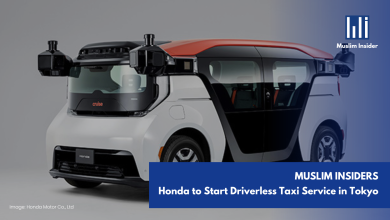

Over the next two decades, South Korea is facing a crisis where AI could replace about 3.41 million (12%) of job positions, according to a study by the central bank. The greater threat goes to high-income individuals with amazing academic backgrounds. The jobs at risk are doctors, accountants, asset managers and lawyers compared to workers in the face-to-face service industries, the central bank report on Thursday said. The risky jobs require non-routine cognitive analytic work, which could be performed by AI in the next 20 years.
This is quite alarming since previously it was believed that AI would automate repetitive and straightforward jobs. Due to that, jobs such as data entry, customer service, and logistics, which are known to be at risk, are still at risk. This means the number of jobs that are at risk of being lost to AI is increased.
Those who work in the creative, sports, leisure and religious industries are seen to be at lower risk. Among them are songwriters, singers, journalists and welfare workers. This is because AI cannot perform emotion- and empathy-driven tasks.
While creative jobs are hard to replace, there are some creative tasks, such as writing, coding and song-making, that could replace them. However, it provides more space for jobs that are more complex and need human assistance. This also means that creative jobs would not be lost entirely; only some tasks are being automated.
For example, some repetitive and mundane tasks can be replaced with generative AI. These tasks are automated by AI, with 60% to 70% automation, which could improve employee’s workloads, according to a report in June 2023 by McKinsey.The people involved are blue-collar and white-collar workers. Meanwhile, jobs that require human interactions, such as network building and empathy-oriented tasks, are not threatened as much, the report added.
Demographically, men are more likely to be replaced than women. This is due to the high number of women in the face-to-face service industries, according to the report. Examples of jobs in these industries are hair stylists, receptionists, personal trainers, customer service representatives, tour guides and retail sales associates.
“Demand for high-achieving workers in the science, technology, engineering and mathematics sectors will remain strong,” the central bank said, since the national economy’s competitiveness will be determined by the foundations of steady, long-term growth.




